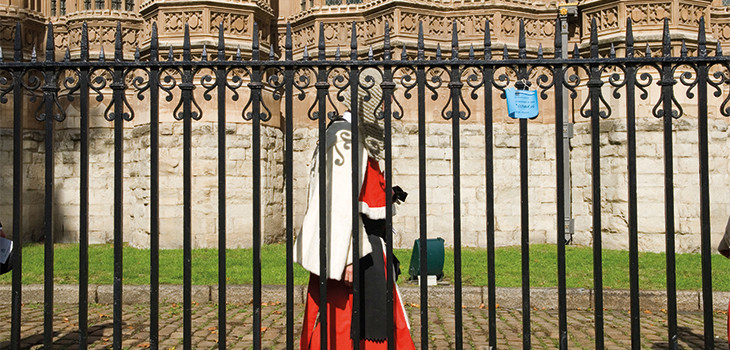
Elevation to the High Court bench sounds astonishing, doesn’t it? Well, it isn’t. A recent appointee was looking forward to getting the one reward money cannot buy—a knighthood. The curmudgeonly palace would only allow him one guest in attendance!
Talent today is the pre-requisite in order to acquire the coveted red dressing gown. Those who take up office inevitably relinquish a substantial income. They are always in demand and undertake a vast amount of work. The stipend today is £192,679, which might sound like loads to some, yet isn’t that much more than City firms are paying newly qualified youngsters.
Another revelation for my friend was Pay As You Earn. As a barrister, he was of course self-employed and collected income gross. To see thousands withheld at the source each month was a harsh introduction to the real world.
Going out on circuit and dealing with









